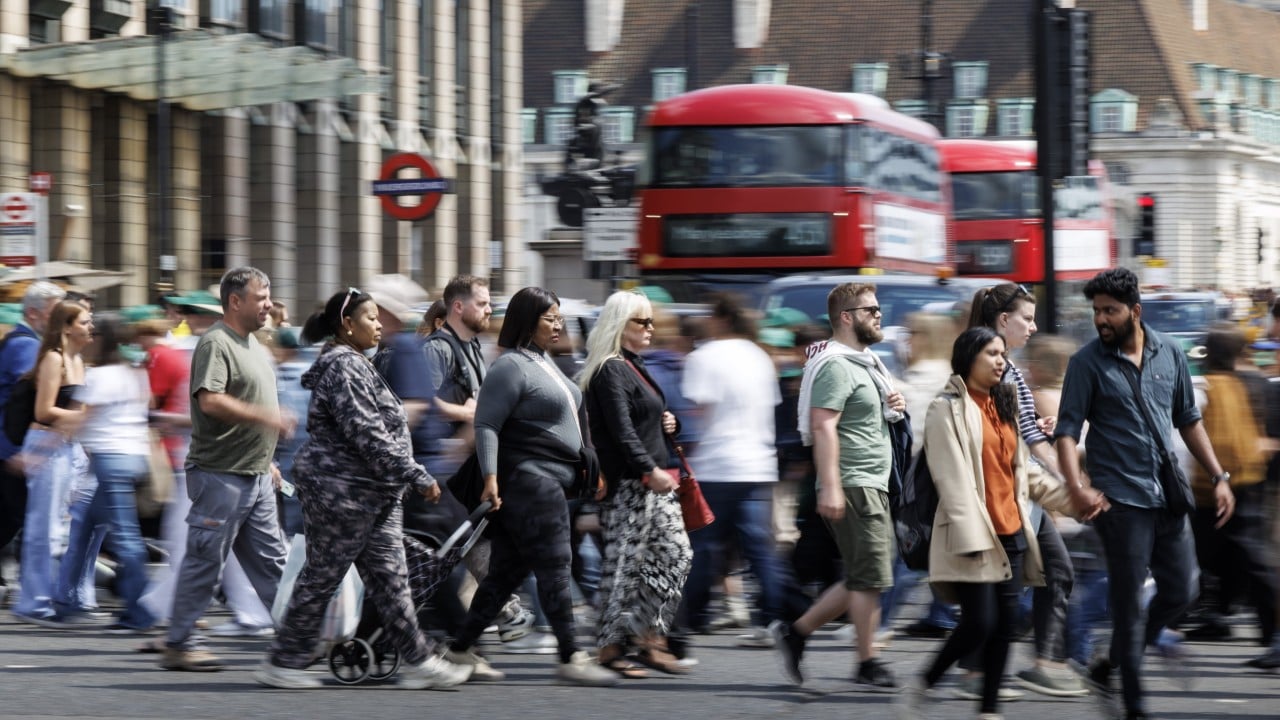British and European Union negotiators wrangled over measures to ease travel for students, young workers and tourists this weekend, as the two sides raced to resolve policy disputes ahead of a summit meant to reset their fraught relationship.
Advertisement
Hours before Prime Minister Keir Starmer was scheduled to host Ursula von der Leyen and other European leaders in London on Monday, the UK and the EU had still not agreed on plans for a youth exchange programme, according to people familiar with the talks.
The European side has balked at what it viewed as an unambitious offer that fell short of its desire for Britain to join its Erasmus+ student exchange programme, said the people, who requested anonymity to discuss private negotiations.
The UK has so far been reluctant to support policies that could prompt an influx of students and young workers as Starmer seeks to curb immigration five years after Brexit.
The lack of progress on youth mobility has made the EU cautious about signing off on other travel-related commitments that were expected in the agreement to be published on Monday, including on touring British artists and the right of UK citizens to use e-gates in EU countries, the people said.
Advertisement
There was still hope that a deal could be struck on travel, the people said, although they cautioned that the language might end up being more limited than hoped. In a sign of potential softening of the British position, Starmer told the Times newspaper that a deal on students could be possible, saying that “youth mobility is not freedom of movement”.
Student travel has been among several sticking points that have vexed negotiators in the weeks leading up to the summit, which was intended to affirm Starmer’s commitment to restoring relations with the continent since taking power last year.

